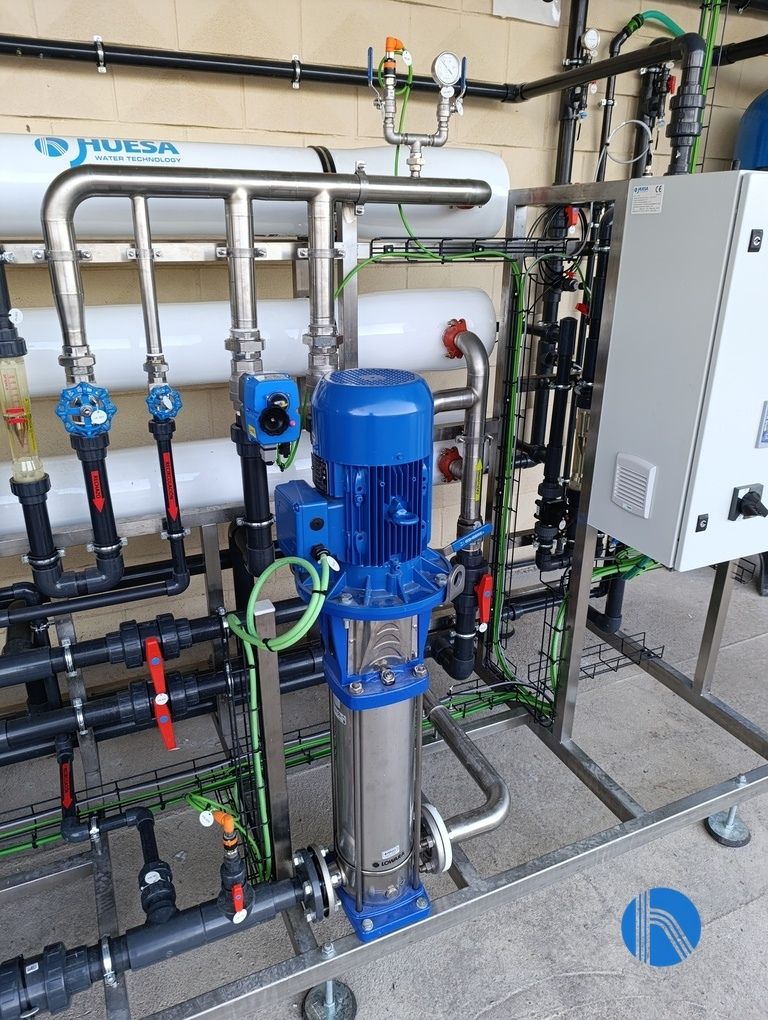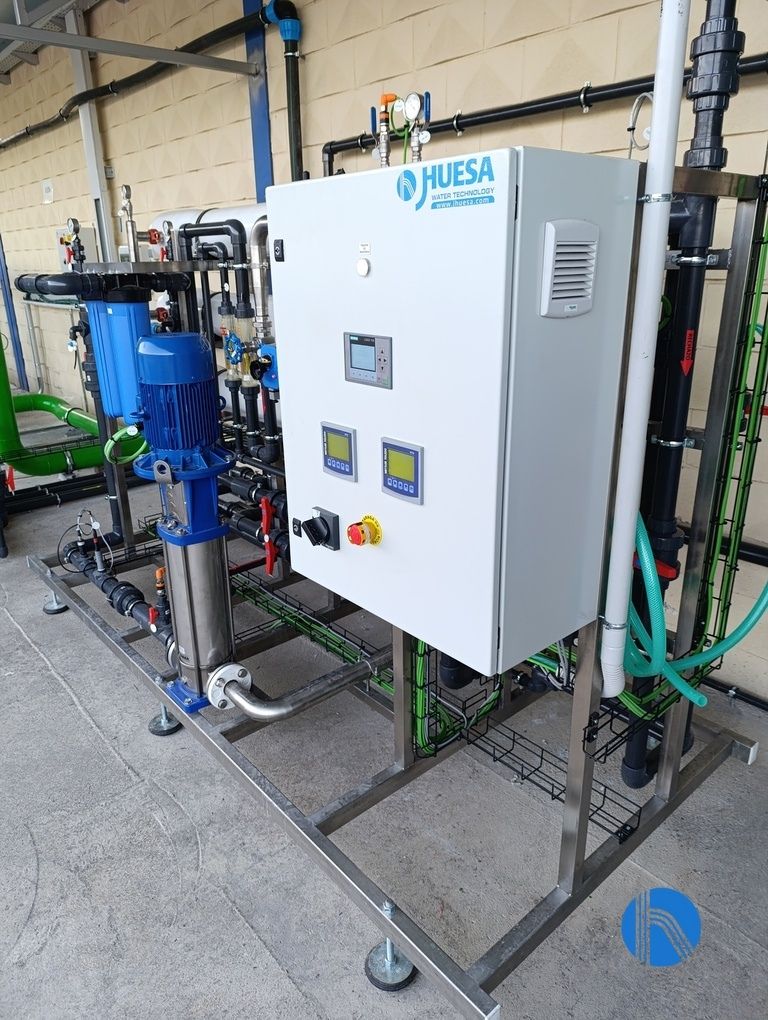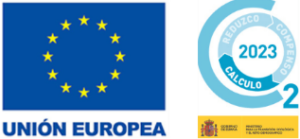When we talk about J. Huesa, we talk about legacy, and part of that legacy is making our expertise available to our customers. This expertise is demonstrated through the work of our organization’s multidisciplinary team, particularly in projects related to the aluminium extrusion process, where water optimization plays a crucial role.
Improvement and Optimisation Projects (PMO)
This business line provides a service that reflects both our technical capacity and our commitment to our industrial customers by listening to them, diagnosing their needs and providing them with reliable, optimized and sustainable water solutions.
The PMO is growing with projects that transform challenges into tangible improvements for our customers because every drop of water that is treated intelligently brings us closer to achieving productive efficiency.
Within this framework, we are pleased to present a comprehensive, customised solution for a leading multinational metals extrusion company with a national presence that requires optimization of water usage at its Andalusian plant.
Water Use in the Aluminium Extrusion Process
According to various sources, aluminium extrusion process is a key metallurgical process involving heating aluminium cylinders and pushing them through dies to create complex-shaped profiles for use in sectors such as construction, automotive, electronics and furniture.
Large volumes of water are used in the various stages of production, particularly for cooling processes, cleaning parts, rinsing baths and surface treatment.
The water used in these production lines must meet strict quality requirements, such as low conductivity and an absence of contaminants, in order to avoid defects in the final product and optimise industrial processes.
To achieve this, water treatment plants using technologies such as anionic and cationic ion exchange resins, activated carbon and reverse osmosis systems are necessary.
PMO in action: Tailor-made reverse osmosis system for a multinational company in the aluminium extrusion sector.
In this case, our client required the raw water to be adapted for efficient use in the aluminium extrusion process. Following a site visit and analysis of the technical requirements, J. Huesa’s technical team recommended the manufacture, installation and commissioning of a 5 m³/h reverse osmosis plant.
Intelligent pre-treatment: protection and efficiency
First, the raw water is dosed with sodium hypochlorite to ensure initial disinfection by eliminating bacteria, viruses and other microorganisms. Next, a Turbidex filter is used. This highly efficient technology is based on a natural alumino-silicate filter medium with a particle retention capacity of up to five microns.
In the context of the aluminium extrusion process, its microporous nature, low density and high load capacity allow for:
- Higher filtration efficiency with less frequent washing
- Water savings and an improved flow rate
- Reduced load on downstream equipment
This filtration system includes an automatic Clack valve that efficiently manages the filter load’s service, backwashing and settling phases, ensuring constant system performance.

Picture 1. Turbidex Filter
Additional protection for the membranes is provided by specific chemical treatments: antiscalant dosing to prevent mineral precipitation and sodium bisulphite to remove traces of chlorine and prevent membrane oxidation.
Finally, two 5-micron pre-filter act as a barrier against suspended particles, ensuring optimum inlet quality for reverse osmosis.
Membrane technology: high-performance reverse osmosis
The plant is equipped with a reverse osmosis system in a spiral configuration, which has been developed to work with brackish water with a salinity of up to 8000 ppm. Thanks to the use of highly selective polyamide membranes, the system offers the following:
- Removal of up to 99.9% of bacteria, viruses and colloids
- Over 98% rejection of divalent ions and 90-95% rejection of monovalent ions
- It operates fully automatically and continuously with no need for regeneration
- It also has minimal consumable consumption and generates no hazardous waste
At the heart of the system is a high-pressure pump made of AISI 316 stainless steel which
overcomes osmotic pressure to ensure efficient and reliable operation.

Picture 2. High pressure pump
To prolong the life of the membranes and maintain their performance, the plant incorporates in-line cleaning equipment comprising a reagent preparation tank, a recirculation pump and stainless steel valves.
Real-time control and supervision
The system is equipped with advanced instrumentation to continuously monitor the main process parameters, including conductivity, redox, stage-specific pressures, and production, rejection, and recirculation flow rates. These parameters are visualised using rotameters and precise manometry.
In addition, the system incorporates AISI-316 needle-type regulation valves, which allow fine and safe adjustment.

Picture 3. View of electrical panel
Impact and sustainability
This project provides:
- Efficiency in the use of well water, protecting underground resources
- Guaranteed quality, eliminating microbiological risks
- It minimises chemicals and discharges in line with circular economy principles
- It also ensures operational continuity thanks to its robust, automatic and lowmaintenance system
Our approach demonstrates how we at J. Huesa convert the needs of the aluminium industry into sustainable, technologically advanced solutions, supporting our clients throughout the entire water cycle.







